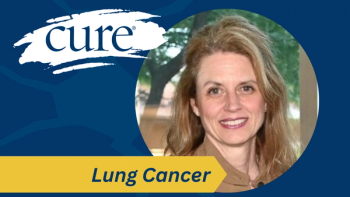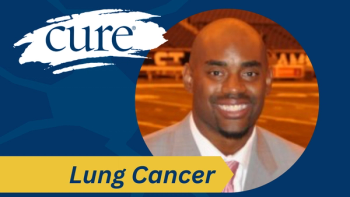
SABCS 2008 Marks the First Year of Collaboration
The American Association of Cancer Research has joined the Cancer Therapy Research Center at the University of Texas Health Science Center at San Antonio, and the Baylor College of Medicine in putting on this year's San Antonio Breast Cancer Symposium.
Research
Center
San Antonio
As announced last year, the American Association of Cancer Research (AACR) has joined the Cancer Therapy and at the University of Texas Health Science Center at , and the Baylor College of Medicinein putting on the San Antonio Breast Cancer Symposium.
The collaboration of the three heavyweight research organizations has resulted in an extra day of education sessions, podcasts during the meeting, and inaugural AACR awards for breast cancer research.
Organizers are expecting attendance to be similar to last year, which reached a record of approximately 8,500 attendees. One record that has already been topped this year is the number of abstracts submitted—1,414 abstracts, up 17 percent from 2007.
The education sessions on Wednesday, which have usually been a light registration day, featured four simultaneous two-hour education sessions featuring international thought leaders. With rooms that seat more than 200 quickly filling to capacity, staffers had to turn away many researchers, physicians, and others who were interested in hearing about new ideas in conducting clinical trials and novel ways to kill breast cancer cells.
Easton
Two new scientific awards will be presented at the meeting this year. Douglas Easton, PhD, will be the first recipient of the AACR Outstanding Investigator Award in Breast Cancer Research. The award, funded by Susan G. Komen for the Cure, recognizes ’s work in BRCA1 and BRCA2 gene mutations, which help to explain the genetic patterns and causes of the mutations that can confer a high risk of breast and ovarian cancers, among others.
Joan Massagué, PhD, chair of the Cancer Biology and Genetics Program at Memorial Sloan-Kettering Cancer Center, will be awarded the AACR Leadership Award in Breast Cancer due to his role in identifying the importance of transforming growth hormone factor-beta (TGF-beta) in the spread of breast cancer cells to the lung. Over two decades, Massagué used this knowledge to predict the spread of breast cancer to specific organs. His group is also now working on finding factors that are responsible for metastasis to the bone and brain. Watch for more on Massagué's work in Sunday's feature after his presentation "Deconstructing Metastasis."
Read more of CURE's coverage of the 31st annual




